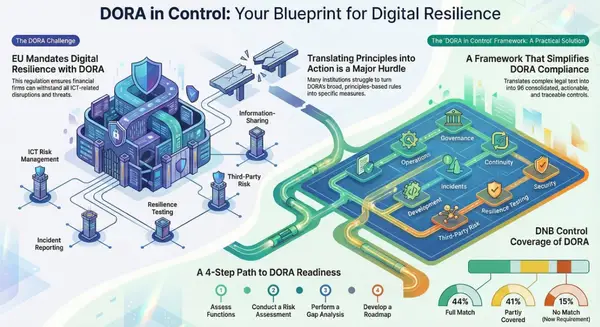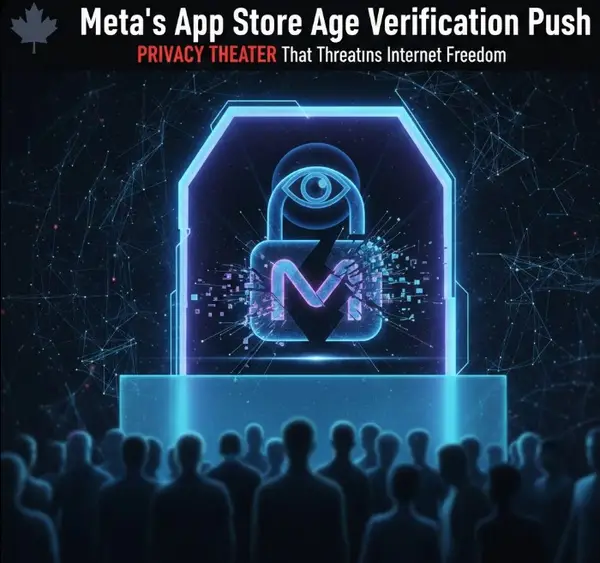Pentagon Press Restrictions and the First Amendment: A Compliance Perspective on Media Access and Freedom of Speech

Executive Summary
In an unprecedented move that has united virtually every major news organization across the political spectrum, Defense Secretary Pete Hegseth has issued new requirements demanding that Pentagon press corps members sign a pledge agreeing to restrictions on their reporting activities. As of the 5pm ET deadline today, only one outlet—One America News (OAN)—has signed the pledge, while major organizations including Fox News, CNN, ABC, CBS, NBC, The New York Times, The Washington Post, Reuters, Associated Press, and even conservative outlets like Newsmax and The Washington Times have publicly refused. This situation raises critical questions about the balance between national security, organizational policy-making authority, and constitutional protections for press freedom.
Background: The Evolution of Pentagon Media Policy
The Pentagon announced in September 2025 that it would drastically change its rules for journalists covering the Department of Defense, requiring journalists to sign a pledge not to gather any information, including unclassified reports, that hasn't been authorized for release. This represents a fundamental departure from decades of precedent spanning both Democratic and Republican administrations.
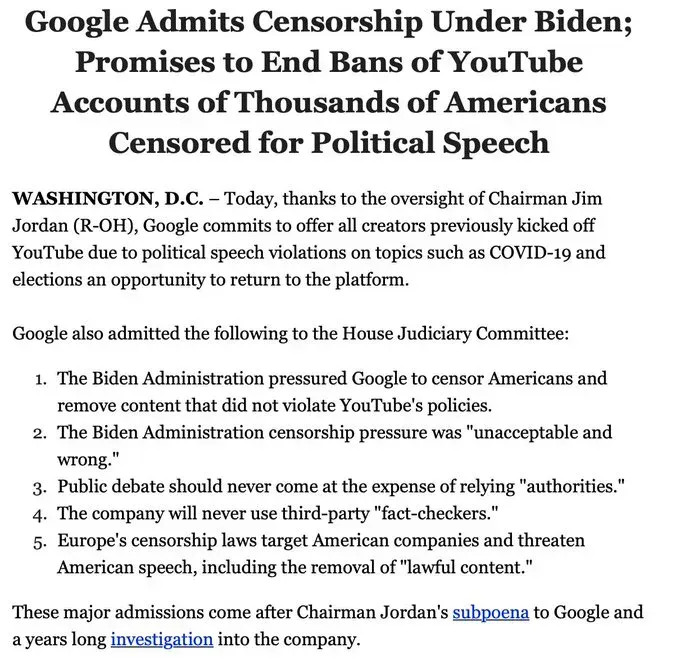
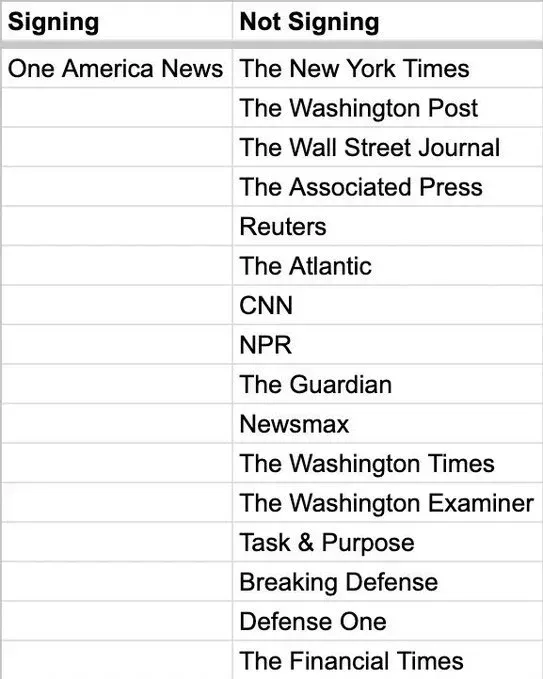
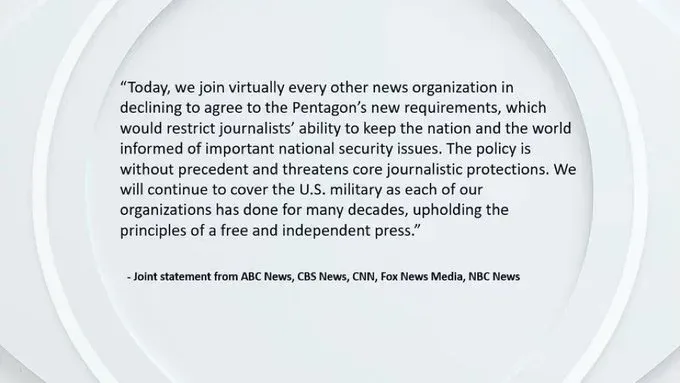
The Pentagon Press Association, which represents beat reporters, characterized the new policy as one that "gags Pentagon employees and threatens retaliation against reporters who seek out information that has not been pre-approved for release." The restrictions are part of a broader pattern this year that has included:
- Ending routine news briefings
- Removing news outlets from Pentagon workspaces
- Severely limiting where reporters can go inside the building without an escort
- Forbidding reporters from entering the hallway where Secretary Hegseth's office is located "without an official approval and escort"
After the initial announcement, Secretary Hegseth posted on social media that "The 'press' does not run the Pentagon — the people do" and "The press is no longer allowed to roam the halls of a secure facility. Wear a badge and follow the rules — or go home."
The Specific Requirements and Their Implications
The 17-page policy document requires journalists to:
- Sign a pledge not to obtain or use "unauthorized material"—even if unclassified
- Acknowledge new rules that bar access to large portions of the Pentagon without an escort
- Accept that violation of these rules could result in immediate revocation of press credentials
The policy would turn obtaining unauthorized information into a cause for revoking press credentials, even though "The Supreme Court has made clear for decades that journalists are entitled to lawfully obtain and publish government secrets. That is essentially the job description of an investigative journalist."
After initial backlash, the Pentagon released revised rules clarifying that journalists are not required to "submit their writings" to the department before publication, but still threatened to possibly revoke press credentials for violations of the policy.
First Amendment and Constitutional Concerns
Prior Restraint Doctrine
Legal experts have identified that restricting unclassified or politically sensitive disclosures could constitute "prior restraint"—government censorship of speech before it happens—which the Supreme Court has found unconstitutional under many circumstances.
The landmark 1971 Pentagon Papers case (New York Times Co. v. United States) established that the government faces a "heavy presumption against" prior restraints, and the Supreme Court rejected the Nixon Administration's efforts to block newspapers from publishing classified information about the Vietnam War. As the Court noted in that decision, "paramount among the responsibilities of a free press is the duty to prevent any part of the government from deceiving the people."
Vagueness and Overbreadth
The vagueness and broadness of the guidelines pose significant constitutional problems—one cannot know in advance of asking a question whether the answer will include unauthorized information. As one legal expert noted, "The First Amendment clearly says, if there's any vagueness around whether you are breaking a law or not, you are not breaking the law."
Simply asking a question is not breaking the law. A reporter might ask an innocuous question that leads to them receiving unauthorized information, but that would be protected by the First Amendment.

The Newsgathering vs. Solicitation Distinction
The Pentagon's position appears to be that by soliciting information from sources, journalists participate in the sources' violations of Pentagon policy. However, nothing in Supreme Court precedent limits constitutional protection to unsolicited information—the only exception acknowledged is when journalists participate in a source's illegal acts.
Reporters are entitled to ask questions, cultivate sources, and seek out news (otherwise known as reporting), as long as they don't break the law in doing so. That's the job description—they're journalists, not stenographers.
Industry Response: Unprecedented Unity
The response from news organizations has been striking in its unanimity and breadth across the political spectrum.
Joint Statement from Major Networks
CNN, ABC, CBS, NBC, and Fox News issued a joint statement rejecting the Pentagon's requirements, calling them "without precedent" and warning they "threaten core journalistic protections." The statement emphasized: "We will continue to cover the U.S. military as each of our organizations has done for many decades, upholding the principles of a free and independent press."
Individual Outlet Positions
The New York Times: Washington bureau chief Richard Stevenson stated that Times journalists "will not sign the Pentagon's revised press policy, which threatens to punish them for ordinary news gathering protected by the First Amendment," noting that "the public has a right to know how the government and military are operating."
The Washington Post: Executive editor Matt Murray said "The proposed restrictions undercut First Amendment protections by placing unnecessary constraints on gathering and publishing information."
Reuters: The agency stated it "steadfastly believe[s] in the press protections afforded by the U.S. Constitution, the unrestricted flow of information and journalism that serves the public interest without fear or favor."
Fox News: Despite Secretary Hegseth's former employment there, Fox News joined the joint statement declining to sign, stating "Today, we join virtually every other news organization in declining to agree to the Pentagon's new requirements, which would restrict journalists' ability to keep the nation and the world informed of important national security issues."
Conservative Outlets: Even conservative newsrooms Newsmax and the Washington Times refused to sign, with Newsmax calling the requirements "unnecessary and onerous."

Political Reactions
The response has transcended typical partisan divisions. Republican Representative Don Bacon stated, "This is so dumb that I have a hard time believing it is true. We don't want a bunch of Pravda newspapers only touting the Government's official position. A free press makes our country better. This sounds like more amateur hour."
Interestingly, when a reporter tried to ask President Trump about the policy, Trump stated: "No, I don't think so. Listen, nothing stops reporters. You know that."
Compliance Lessons and Organizational Considerations
This situation offers several important lessons for compliance professionals and organizational leaders:
1. Constitutional Boundaries on Organizational Policy
While organizations have broad authority to set internal policies, they must operate "within the constraints of the law." The Pentagon Press Association noted, "The Pentagon certainly has the right to make its own policies, within the constraints of the law. There is no need or justification, however, for it to require reporters to affirm their understanding of vague, likely unconstitutional policies as a precondition to reporting from Pentagon facilities."
Key Takeaway: Policies that require individuals to waive or contract away constitutional rights in exchange for access or benefits face significant legal vulnerabilities. As legal experts note, "the government can't require people to contract away a constitutional right, like the right to obtain and publish secrets, in exchange for a benefit, like access to government buildings or press credentials."
2. The Importance of Clarity and Specificity
The vagueness of the Pentagon's policy—where journalists cannot know in advance whether their actions will violate the rules—creates an unconstitutional "chilling effect" on protected activity. This principle applies broadly to organizational policies: vague restrictions that force individuals to guess about compliance create legal exposure and undermine policy effectiveness.
Key Takeaway: Compliance policies must be clear, specific, and provide reasonable notice of what conduct is prohibited. Policies that are intentionally vague to maximize enforcement discretion often backfire both legally and practically.
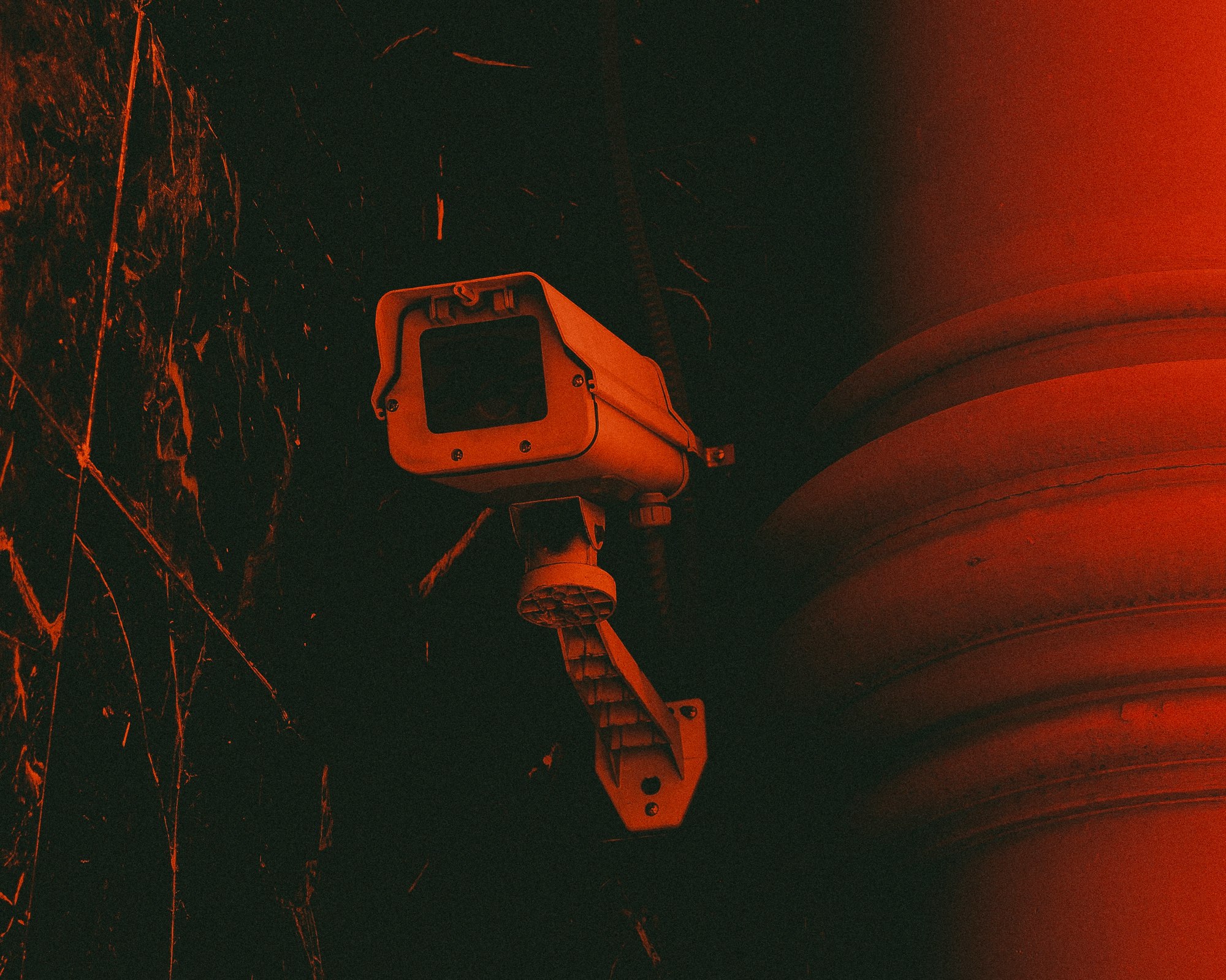
3. Balancing Legitimate Interests with Rights
Organizations face genuine challenges in protecting sensitive information, maintaining security, and preventing unauthorized disclosures. However, the means chosen to address these concerns must be proportionate and legally sound.
The Pentagon frames the directive as necessary to prevent information leaks and address national security concerns, but legal experts argue these measures constitute a clear First Amendment violation that may not survive legal scrutiny.
Key Takeaway: Legitimate organizational interests do not automatically justify any means of achieving them. Compliance professionals must ensure that policies designed to address real risks do so through constitutionally and legally permissible methods.
4. Stakeholder Engagement and Policy Development
The Pentagon relaxed some measures after several weeks of negotiating with news organizations and press groups, but the revised policy still faced near-universal rejection. This suggests the engagement process may have been insufficient or conducted in bad faith.
Key Takeaway: When implementing policies that significantly affect stakeholder rights or interests, meaningful engagement during the policy development phase—not just cosmetic consultation after the fact—can prevent costly confrontations and improve policy quality.
5. Reputational and Operational Risks
Secretary Hegseth's approach of publicly mocking media concerns and responding to outlets' statements with an emoji waving goodbye has not softened the opposition. The Pentagon Press Association said Monday that "potential expulsion from the Pentagon should be a concern to all."
Key Takeaway: How organizational leaders communicate about compliance policies matters. Dismissive or confrontational approaches can escalate conflicts, harden opposition, and damage institutional credibility—even when the organization believes it has the legal authority to act.

The Broader Context: Press Freedom in Democratic Governance
This situation highlights fundamental tensions in democratic governance between:
- Security and Transparency: The government's need to protect genuinely sensitive information versus the public's right to know about government operations funded by taxpayer dollars
- Control and Accountability: Institutional desires to manage information flow versus the press's constitutional role as a check on government power
- Prior Approval vs. Post-Publication: Whether the government can prevent publication of information it deems harmful versus addressing genuine harms after publication through appropriate legal channels
As press freedom advocates note, "This policy operates as a prior restraint on publication, which is considered the most serious of First Amendment violations. As we learned in the Pentagon Papers case, the government cannot prohibit journalists from publishing information merely by claiming it's a secret or even a national security threat."
Freedom of the press functions as a limitation on government regulation and protects not just press entities but also the public's right to receive information, particularly about government affairs and other matters of public concern.
Conclusion
The Pentagon's press access requirements have generated unprecedented opposition across the media landscape because they appear to violate core First Amendment principles established through decades of Supreme Court precedent. For compliance professionals, this situation serves as a stark reminder that:
- Organizational policies must respect constitutional and legal boundaries, even when pursuing legitimate objectives
- Vague or overbroad policies that chill protected activity face significant legal vulnerabilities
- Meaningful stakeholder engagement during policy development can prevent costly conflicts
- The manner in which policies are communicated and enforced significantly affects their reception and effectiveness
- Attempting to require individuals to waive constitutional rights as a condition of access or participation creates serious legal exposure
The Pentagon Press Association characterized the year-long effort as "systematically limiting access to information about the U.S. military," culminating in "vague new policies that, on their face, appear to violate the First Amendment."
As this situation continues to develop, it will likely serve as a case study in constitutional limitations on organizational policy-making authority and the enduring importance of press freedom in democratic governance. Organizations in both the public and private sectors would be wise to study this episode carefully when crafting policies that intersect with constitutional rights.
About the Author: This article was prepared for compliance professionals seeking to understand the intersection of organizational policy authority, constitutional rights, and stakeholder management.
Disclaimer: This article is for informational purposes only and does not constitute legal advice. Organizations should consult with qualified legal counsel when developing policies that may implicate constitutional rights or face legal challenges.







